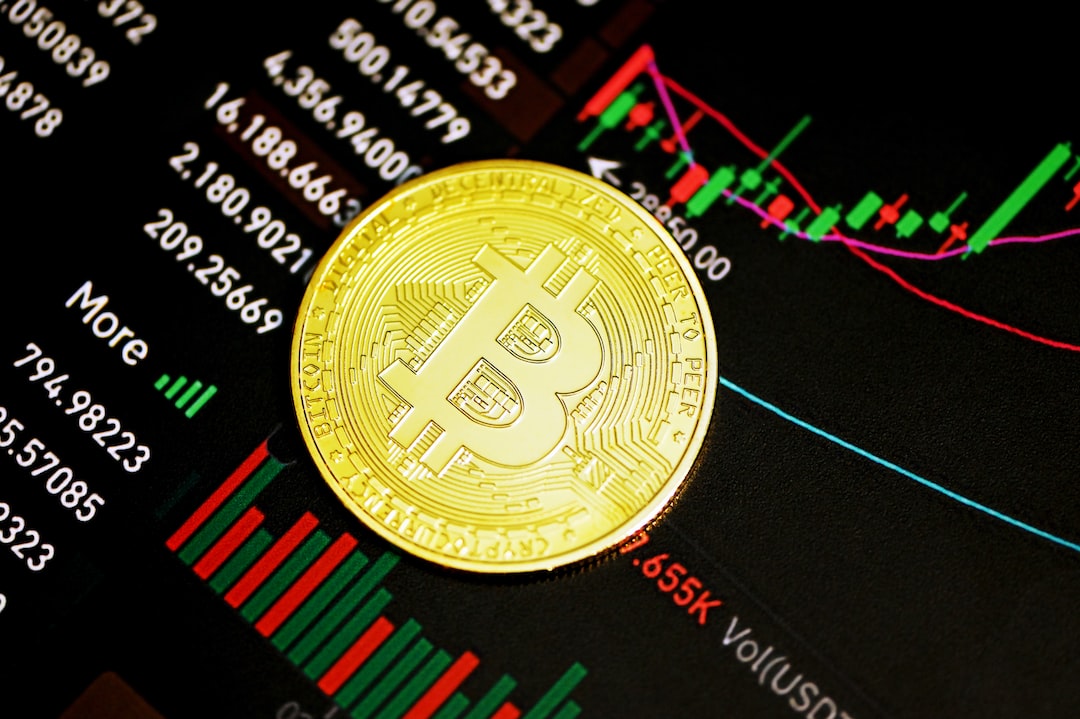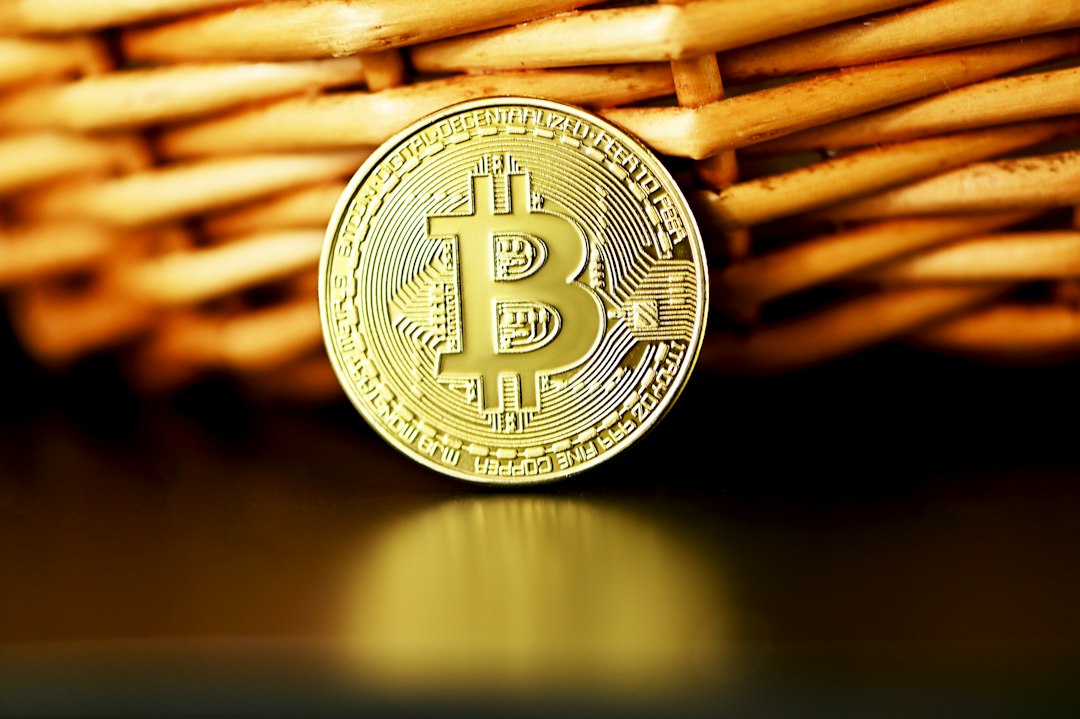The Illusion of PayPal’s Crypto Offering
PayPal has recently introduced its own stablecoin, $PYUSD, but there are some important factors to consider before jumping on the bandwagon. Here are the key points you need to know:
1. $PYUSD is not actually PayPal’s creation. It is the brainchild of Paxos, a separate entity. This means that when you use $PYUSD, you are subject to Paxos’ terms and conditions, not PayPal’s.
2. PayPal has the authority to remove $PYUSD from its platform without any warning or explanation. This puts users at risk of losing their funds at any moment.
3. Holding $PYUSD in your PayPal account does not mean you own the actual crypto tokens. The real assets are held by PayPal or their custodial provider. It’s like having a photo of a diamond without actually owning the diamond.
4. PayPal can reverse transactions and freeze accounts if they suspect any prohibited activities, illegal behavior, or if a court or government body raises concerns.
5. PayPal sets limits on weekly crypto purchases and transfers, giving them control over your transactions and funds.
The Price of Convenience
While PayPal’s crypto offering may seem convenient, there are significant drawbacks to consider:
1. PayPal retains the right to restrict or deny access to crypto services as they see fit.
2. There is a possibility that PayPal may have legal claims on users’ crypto assets.
For true crypto enthusiasts, the decision to use PayPal’s $PYUSD stablecoin comes down to a trade-off between convenience and control. It is crucial to fully understand the limitations and risks involved before diving into this new venture.
Hot Take
PayPal’s entry into the crypto market with $PYUSD may appear enticing, but the limitations and potential risks associated with their offering raise concerns. Crypto enthusiasts should carefully consider whether the convenience offered by PayPal is worth sacrificing control and ownership of their assets.





 By
By
 By
By
 By
By
 By
By
